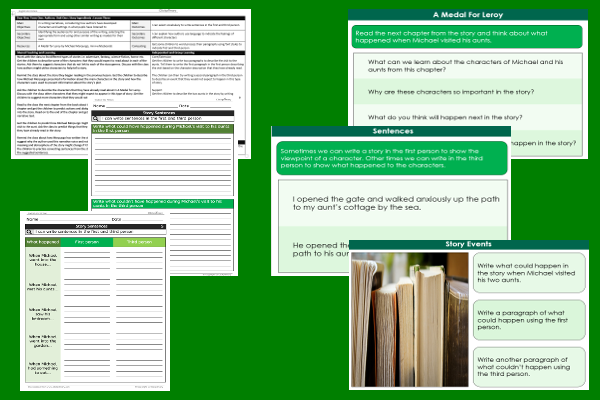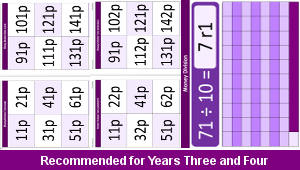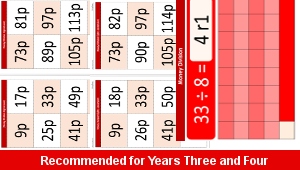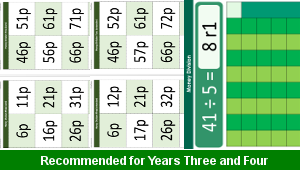Lesson Three – Story Events

This English teaching pack for Key Stage Two gets the children to compose a selection of paragraphs using the first and third person describing a range of events that might feature in a narrative story about an adventure.
The class can suggest and write different sentences to suggest what could and couldn’t happen to characters to match each of the selected story events.
Download this teaching pack including a lesson plan, classroom activities and an interactive presentation to compose a selection of paragraphs using the first and third person describing a range of events that might feature in a narrative story about an adventure
Activities in this teaching pack include a set of differentiated worksheets to compose a selection of different paragraphs using the first and third person describing a range of events that might feature in narrative story from a specific type of genre.
The interactive presentation gets the children to explore how to compose paragraphs using the first and third person describing a range of events that might feature in narrative story.
This lesson is part of an English scheme of work to get the children to explore narrative structures and use of vocabulary by an established children’s writer, identify and spell words with silent letters and convert sentences between the third and first person. There are teaching activities for shared learning, differentiated worksheets to support independent learning and interactive presentations to introduce concepts and key skills.
-

Money Division
Model and record how to divide a selection of money amounts by different numbers with quotients using remainders
-

Money Division Tens
Practise selecting and dividing a range of different money amounts by ten with matching remainders in the number quotients
-

Money Division Eights
Practise selecting and dividing a range of different money amounts by eight with matching remainders in the number quotients
-

Money Division Fives
Practise selecting and dividing a range of different money amounts by five with matching remainders in the number quotients
